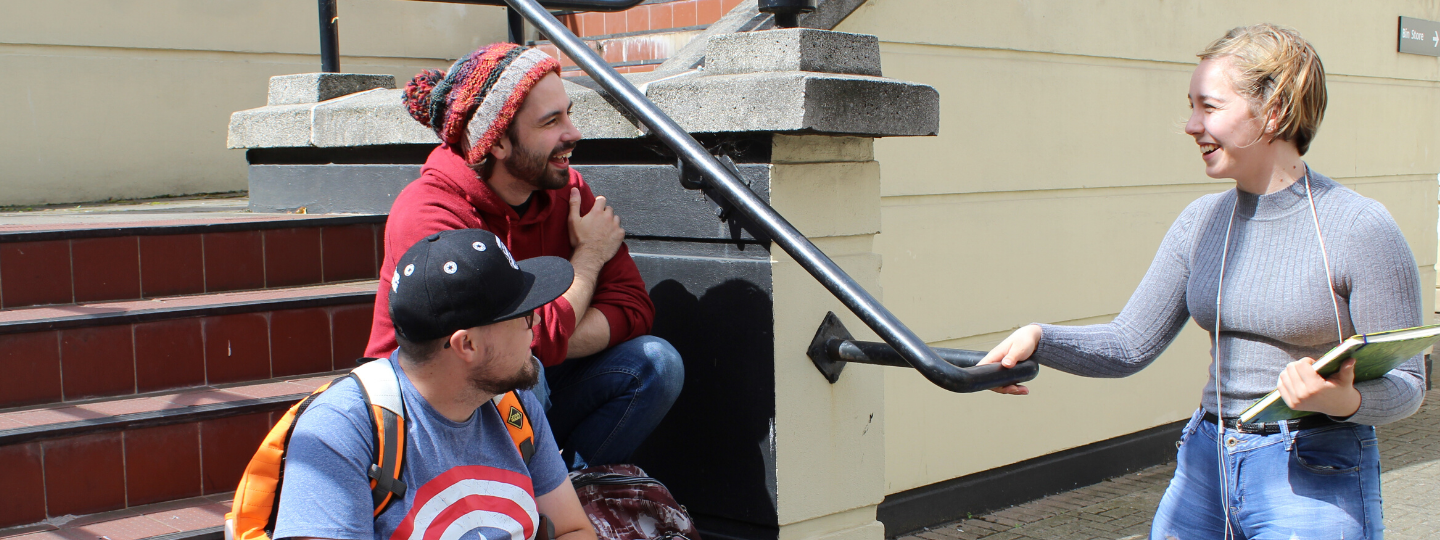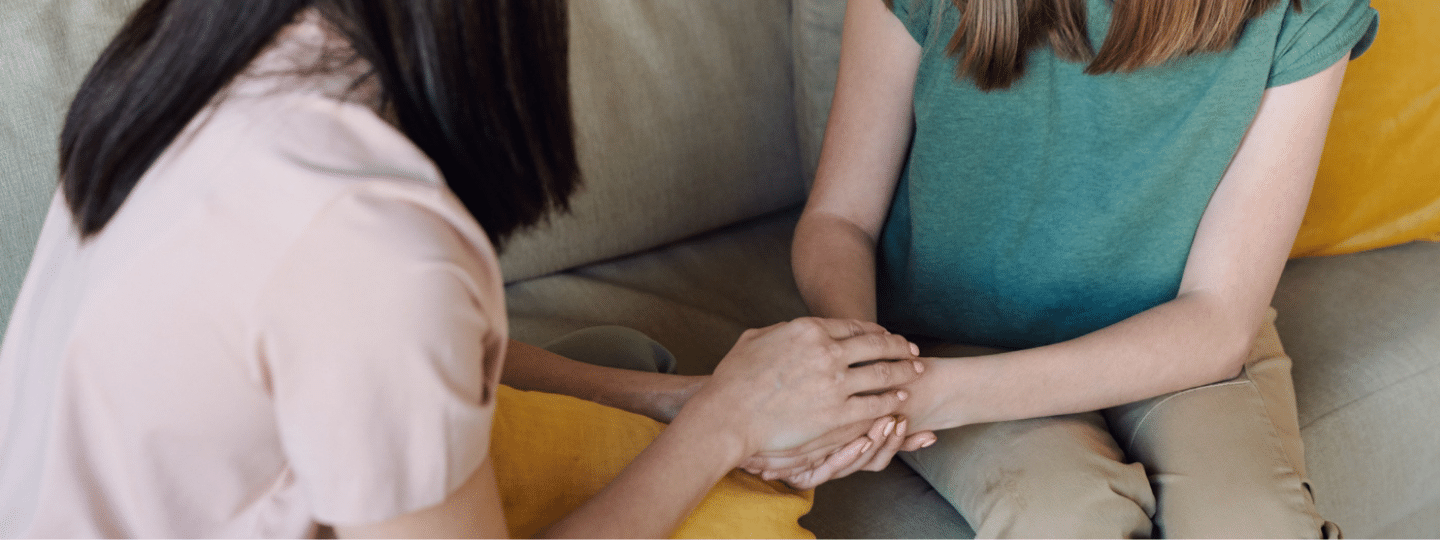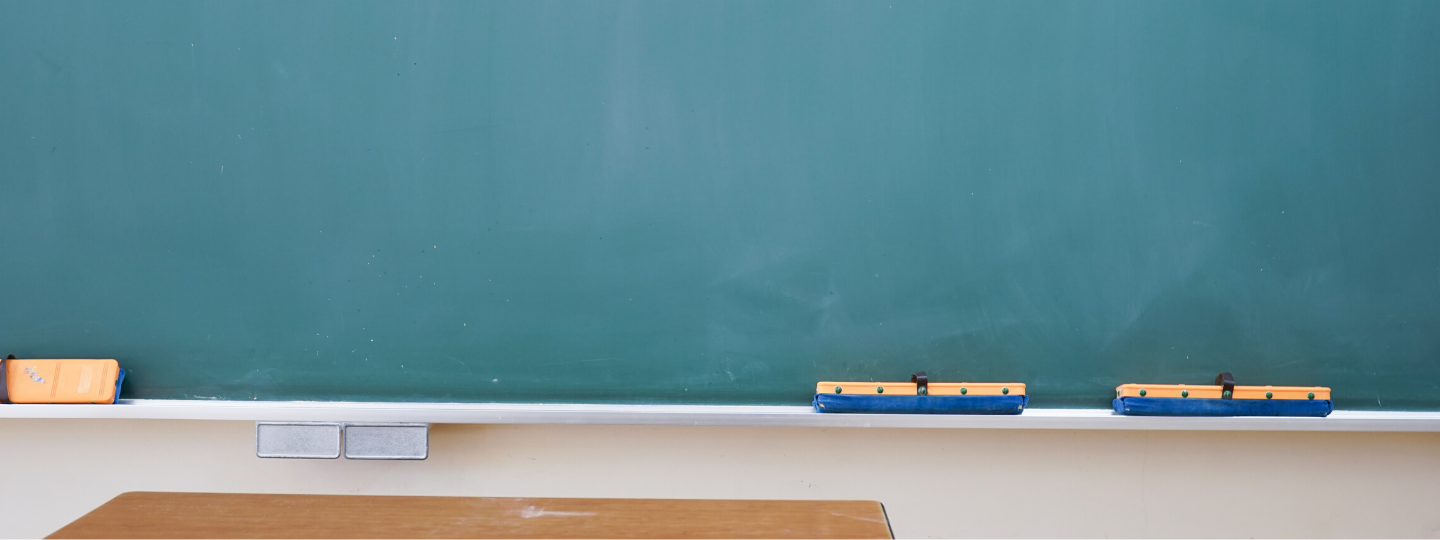Few teachers could have anticipated that they would have to work from home. This worldwide pandemic has made us change the way we live, interact and work.
Online limitations
For obvious reasons, teaching young people does not easily transition to the ‘working from home’ model. It’s impossible to recreate the conditions of the classroom online. Naturally, teaching is most effective when we can pick up an atmosphere, or notice the body language of a disinterested student.
While we expect young people to be comfortable with technology, online learning is new for many. We also cannot assume that students have the physical space and tech available for online learning all day long.
Recognise the limitations of online teaching and know that it’s not on you.










